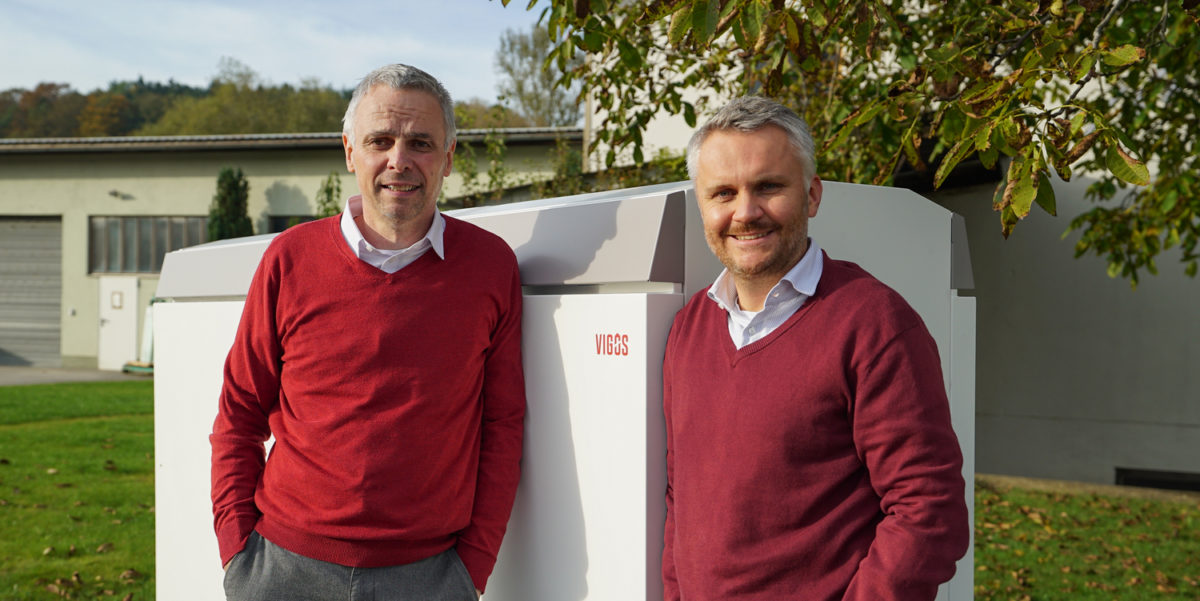From pv magazine Germany
Austria-based Bluesky Energy has unveiled an outdoor storage system which it claims is just as reliable in Iceland as it is in Jordan, as the new product, called “Vigos,” is said to cope well with extreme climatic conditions.
The company states it can withstand temperatures of -30 degrees Celsius as well as 50 degrees Celsius; rain and frost as well as scorching sun. The storage system is scalable from 18 to 96 kWh and is delivered ready for connection. It was specially developed for areas of application in which a lot of power is required at short notice.
Bluesky Energy uses lithium titanate oxide cells in the new storage system, which it claims are neither combustible nor flammable and offer high cycle stability. The company added, the device has a service life of up to 20,000 cycles. This means that it can be charged and discharged several times a day. Bluesky Energy offers a 10-year guarantee for the Vigos system, which is also compatible with the manufacturer's Greenrock saltwater storage tanks.
Due to the high charging and discharging capacity, with a C-rate of up to 2.0, the new storage system is well suited to cut load peaks and to charge electric vehicles from the storage unit within a very short time, according to the manufacturer. “If farmers operate a milking system, or dinner is being prepared in the hotel while the guests charge their e-mobiles and relax in the spa, there is a short-term increase in power consumption. The companies can cover this with the Vigos storage system and thus save electricity costs,” said Bluesky Energy managing director, Thomas Krausse. “There are no additional fees for higher network services and costly, sometimes very time-consuming connections to the power grid.”
The Vigos power storage product is capable of emergency power, island and black start. In the event of a power failure, the system automatically switches to its own circuit in less than 20 milliseconds and supplies the loads. Different energy sources, such as block-type thermal power stations, photovoltaic and wind power systems or diesel generators can be integrated.
An integrated energy management system (EMS) records all relevant data such as surpluses from the photovoltaic system; optimizes self-consumption; and controls generators, dynamic charging stations for electric vehicles or other consumers, that are integrated into the system. Because of the dynamic load and charging management, several charging stations can be integrated regardless of the manufacturer.
This content is protected by copyright and may not be reused. If you want to cooperate with us and would like to reuse some of our content, please contact: editors@pv-magazine.com.



Cost?